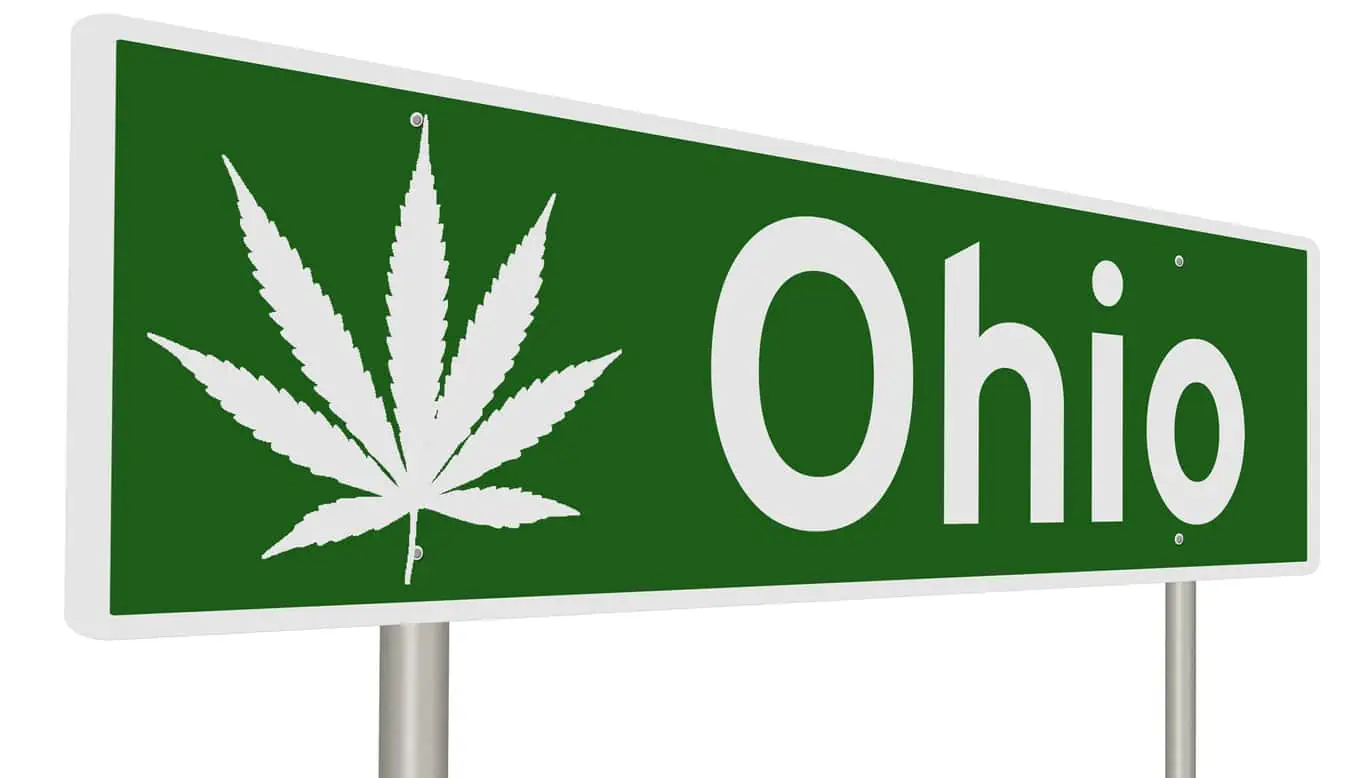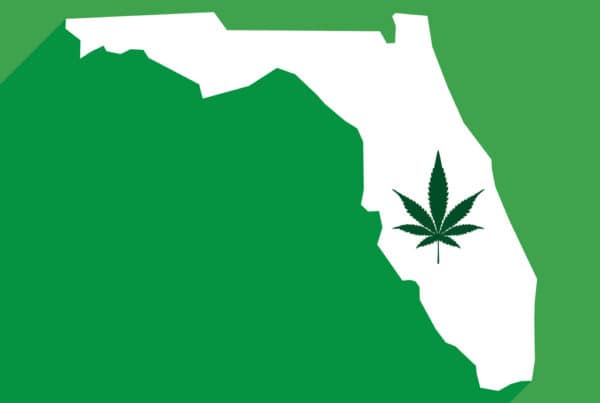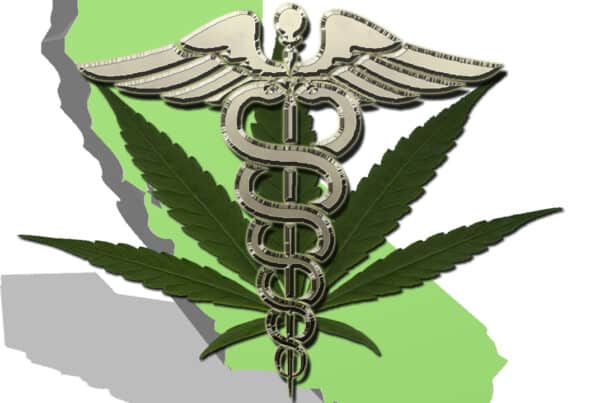TABLE OF CONTENTS
Ohio State Issue 2, commonly referred to as the Regulate Marijuana Like Alcohol proposal, is a ballot measure that would legalize and control the production, testing, and distribution of cannabis to adults in Ohio who are 21 years of age and older. On November 7, 2023, it will be on the ballot. AND IT PASSED!
In the event that Issue 2 is approved, adults over 21 would be able to buy and possess up to 2.5 ounces of cannabis flower and 15 grams of cannabis concentrates. Additionally, up to six cannabis plants might be grown indoors by an individual, while a family could grow up to 12 plants. IT WAS APPROVED!
A number of features in the program are also intended to support social fairness and economic growth in areas where the War on Drugs has had a disproportionately negative impact. Issue 2 would, for instance, establish a program for social equality and employment to assist those with prior cannabis-related offenses and citizens of low-income communities in getting work in the legal cannabis sector.
Along with a host community cannabis fund that would assist local governments where cannabis businesses are situated, the initiative would also provide a part of tax income from cannabis sales to pay for this program.
A coalition of organizations, including the Ohio NAACP, the American Civil Liberties Union of Ohio, and the Ohio Cannabis Chamber of Commerce, are in favor of State Issue 2. The Ohio Chamber of Commerce, the Ohio Family Council, and the Buckeye State Sheriff's Association are among the groups that oppose the measure.

Arguments in Favor of State Issue 2
-Cannabis legalization would decrease crime and save money for the government.
-Compared to currently legal substances like alcohol and tobacco, cannabis is a safer drug.
-Economic growth and employment creation would result from legalization.
-Legalizing cannabis would make it more accessible to patients and allow it to be used to treat a wide range of medical problems.
-Legalization would support social justice and assist in reversing the damage done by the War on Drugs.
Challenges to State Issue 2
-Cannabis use has the potential to be addicted and can impair judgment and cognitive function.
-Legalizing cannabis might encourage more juvenile use of the drug.
-Synthetic cannabinoids and other potentially harmful medicines can be made from cannabis.
-Legalization would convey the incorrect message to youth regarding drug usage.
-State Issue 2 is drafted incorrectly and would have a lot of unforeseen effects.
Ohio Legalizes Recreactional Cannabis!
The initiative to legalize cannabis for recreational use in Ohio was supported by voters in 2023.
Issue 2, the proposed legislation, was approved with 56.79% of the vote. It permits up to six plants per household and allows persons 21 years of age and older to own and consume up to 2.5 ounces of cannabis.
The rules governing the recreational cannabis market are still being developed by the Ohio Department of Commerce.
It is anticipated that these rules will be completed in late 2023 or early 2024. The Ohio Department of Commerce will start licensing growers, processors, retailers, and testing labs as soon as the rules are approved.
It is anticipated that Ohio will see its first legal cannabis sales in the first part of 2024.
But the precise start of sales will rely on how long it takes to issue licenses and how long it takes for companies to set up shop.
Ohioans can still buy medical marijuana from authorized shops in the interim.
Residents need a medical marijuana card, which can be obtained from a registered physician, in order to purchase medical cannabis.
Ohio Cannabis College
Cannabis Training University is a great choice for your Ohio cannabis college needs. Learn all you need to land an Ohio cannabis job and start a legal business in the booming Ohio cannabis industry.
“
There are over 300,000 jobs in the cannabis industry. CTU trained me for one of them!

Makes $24.50 @ THC +
What is Ohio State Issue 2 initiative for?
State Issue 2 seeks to legalize the adult use, purchase and cultivation of recreational cannabis in Ohio.
Is Ohio a recreational cannabis state!
Yes! Ohio is now one of the US states with legalized recreational cannabis for adults over 21 years of age.

Fred Hernandez
Fred Hernandez is a highly accomplished and versatile writer, boasting an extensive background in the cannabis industry. With an in-depth understanding of various sectors including cultivators, processors, retailers, and brands, Fred's expertise spans across the entire cannabis landscape. As a prominent contributor to CTU, he consistently delivers insightful articles exploring the latest developments, news, and regulations shaping the cannabis industry. Whether it's delving into the intricacies of cannabis products, cannabis strain reviews, or providing comprehensive analyses of cannabis laws, or sharing expert insights on cannabis cultivation techniques, Fred's wealth of knowledge positions him as an invaluable writer and educator for all cannabis-related subjects.












 Jeff was involved in an accident where he endured a traumatic brain injury. He had a week-long stay in ICU where brain surgeons
Jeff was involved in an accident where he endured a traumatic brain injury. He had a week-long stay in ICU where brain surgeons  100% risk free money back guarantee within 48 hours after purchase if student has not completed any of the courses or exams.
100% risk free money back guarantee within 48 hours after purchase if student has not completed any of the courses or exams.